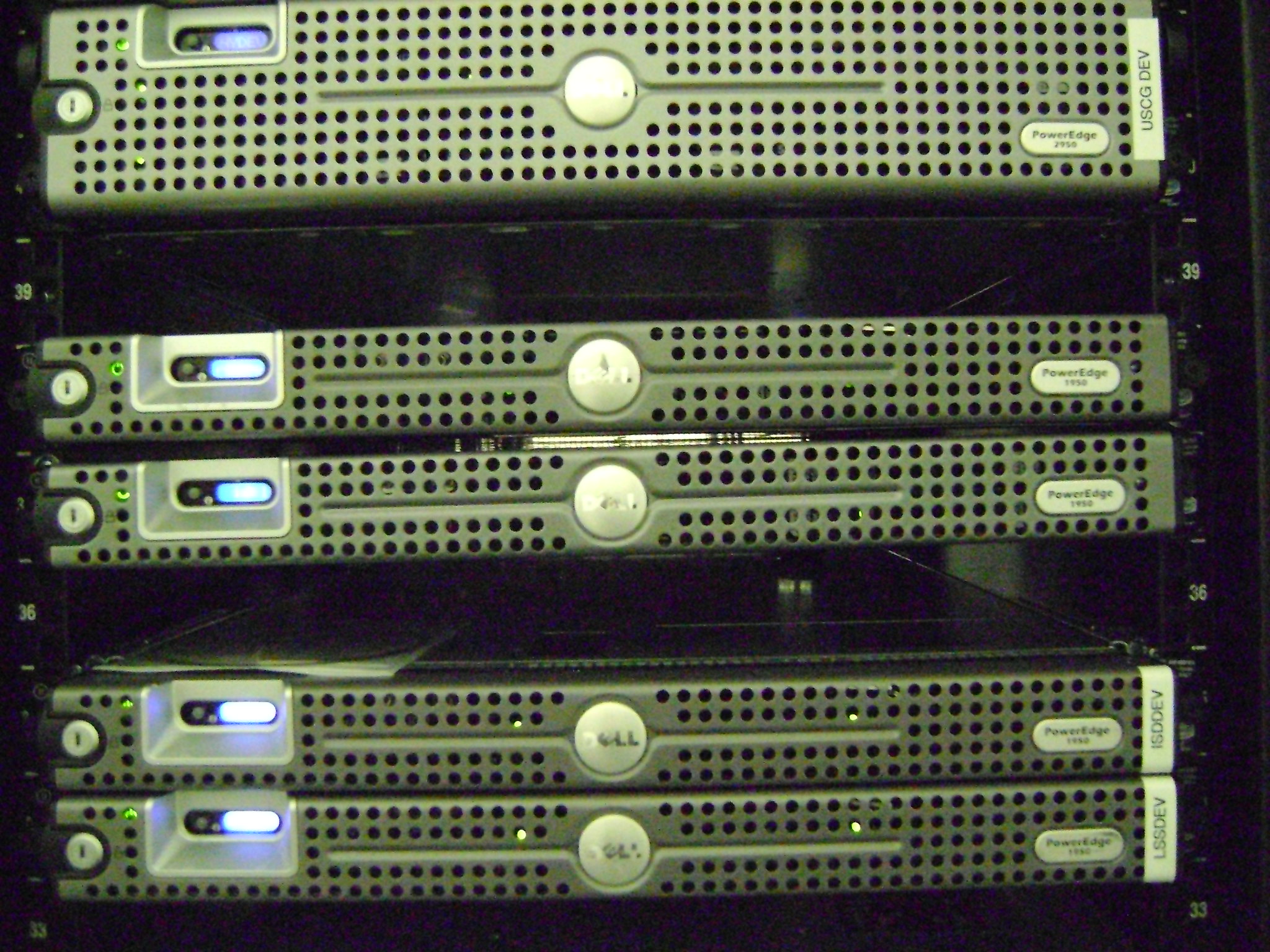While at a network conference, I had the chance to chat with someone who was unsure about IPv4 addresses and the IPv4 market. He was concerned that the market even existed since registries already had a system of allocating scarce resources, and it was not based entirely on price. He also expressed his concern that the presence of brokers led to higher prices of addresses.
Sensing that there was a deeper concern, I decided to probe further. What if brokers actually cause higher prices of addresses? What does it matter? Isn’t IPv4 a “historic” technology? His answer wasn’t surprising. It’s usually at the core of “soft landing” discussions at Regional Internet Registries.
The real concern was that small Internet Service Providers (ISPs) who couldn’t access resources – very common in Africa – would price end users out of the market, and thus, more end users would be left offline. He felt that the lack of internet access for many should be a concern to all who are aware of the social, economic, educational, and health benefits of the internet.
Of course, achieving universal internet access as soon as possible is a worthwhile goal. However, his concern is quite misplaced in the context of the IPv4 address transfer market. To point this out, I inquired if $5,000 for a /24 would be totally unaffordable for a new entrant to the market, like a small ISP in a developing country aiming to get a community connected. “Yes” was his answer. $4,000? Yes. At $3,000? Still forbiddingly expensive.
If this is the case, then the presence of a broker in that transaction would have virtually no impact on the cost of getting that community connected. When non-profit organizations like the Internet Society (ISOC) build networks, part of their funding goes toward getting IP addresses, thus diverting the funds from other uses and negatively impacting new deployments. The perfect price for that poor community is as low as possible, or IPv6.
On the issue of “free pool” addresses for new entrants, communities of Regional Internet Registries in different regions have come up with policies to help meet the needs of their region. In the ARIN region, for instance, reserve pools were not left for new entrants. In other regions, however, there are such pools which cater to the needs of incumbent members and new entrants. Allocations from these reserve pools are restricted and it is usually debated whether to put the needs of current members ahead or behind those of future entrants.
The clear deduction from these policies is that the “landing period”, whether “hard” or “soft” resulted in active interest in the transfer market for incumbent RIR members and their downstream customers. These free pools don’t seem to be impacting market activity in the short run. It is hoped that those not already connected can get online and preferably on IPv6, where resources aren’t scarce and are affordable.
The IPv4 marketplace creates a compelling business case for sellers to migrate to IPv6, which is good. It also gives buyers a cost-efficient way to get started. IPv4 brokers increase supply into the market and therefore actually bring down the prices of addresses. This provides buyers and sellers with more choices and doesn’t impact available free pools. The existence or non-existence of the IPv4 address market indicates the readiness of the world to abandon.


Leave a Reply